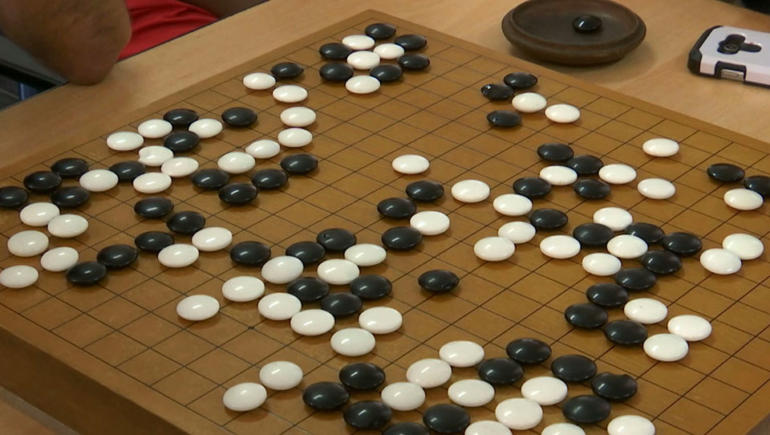The Chinese board-game GO has been played since ancient times, but it remains popular around the world even today. One country with a large GO following is Cuba.
CGTN’s Luis Chirino took a look at the rise of the game in Havana.
The ancient Chinese board game known as Weiqi, or GO, was introduced in Cuba some 30 years ago. It was helped along by Judo expert Rafael Torres, who currently heads the Cuban GO Federation and GO Academy. It’s a game considered a martial art of the mind.
“I began teaching GO to my judo trainees and along with some university students that learned it from books. We made up the first group of GO players,” Torres said.
Torres’s efforts were backed by Cuban sports authorities, who contributed resources and infrastructure to his initiative. The Cuban Sports Institute set up the GO Federation and the first GO academy in the 1990s.
The Cuban Academy of Go offers courses for students of various ages. People are often drawn to GO from their interest in other mind pursuits, like chess, and the physical challenge of martial arts.
By the late 1990s, Cuba was ready for international GO competitions in Japan. In 1998, the island hosted the first International GO tournament to be held in Latin America. In 2001, Cuban GO players took part in the first Ibero-American Championship.
Over two thousand Cubans currently play this ancient board game. For years, Cuba has ranked third in different competitions in Latin America.
Cuban Go expert Orlando Mederos, a medical doctor, finished third at last November’s Pan-Am Go Games held in Mexico. CGTN met him at the Confucius Institute in Havana’s Chinatown, a center that promotes Chinese language, culture, and traditions in Cuba.
“Honestly I didn’t think I would win, but I did and it was so gratifying for me after proving that we Cubans can compete at that level,” Mederos said.
Zhang Wei, the director of Havana’s Confucius Institute and a Weiqi enthusiast, praised local initiatives who helped develop the game in Cuba.
“With the effort by the academy and also our effort, we would like to introduce more people in Cuba about this game,” he said.
The future of GO in Cuba looks bright, as locals spin Asian traditions with Cuban creativeness and find current meaning in this ancient game.
 CGTN America
CGTN America
